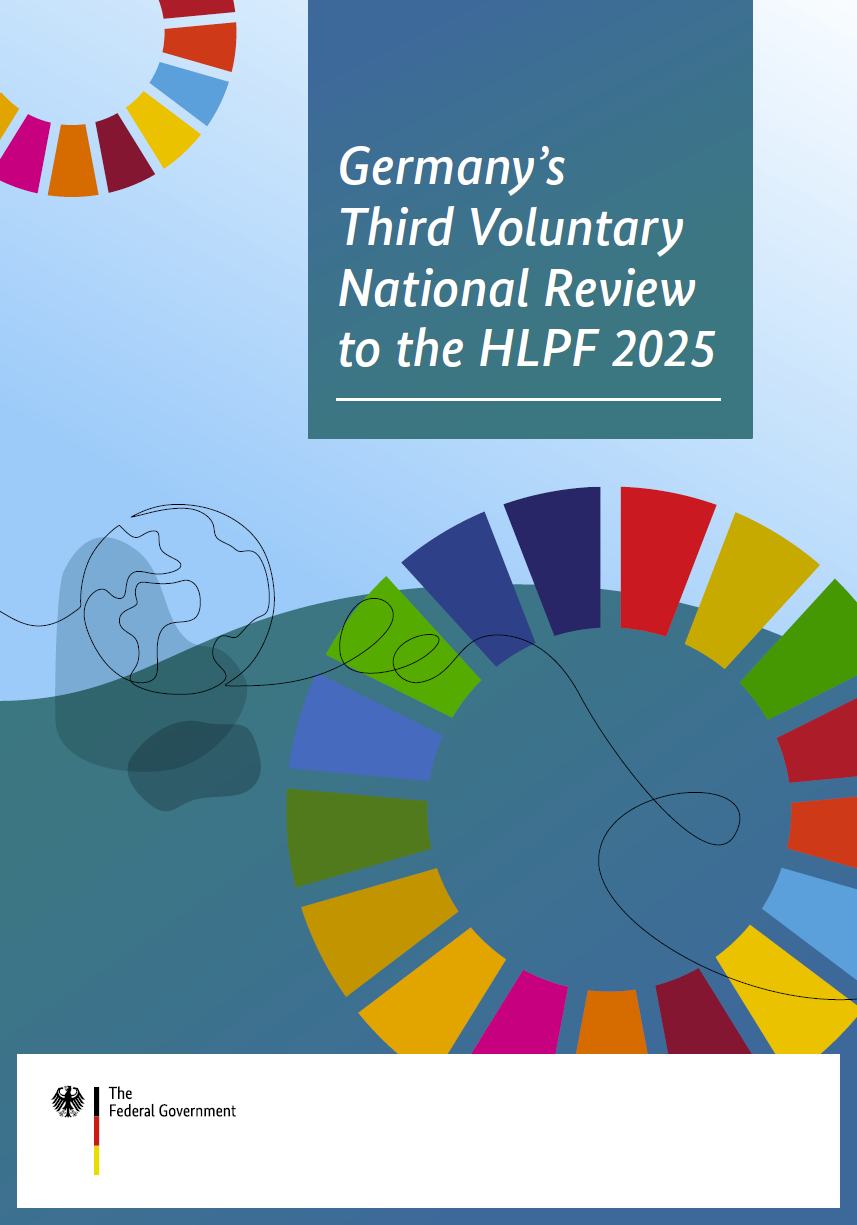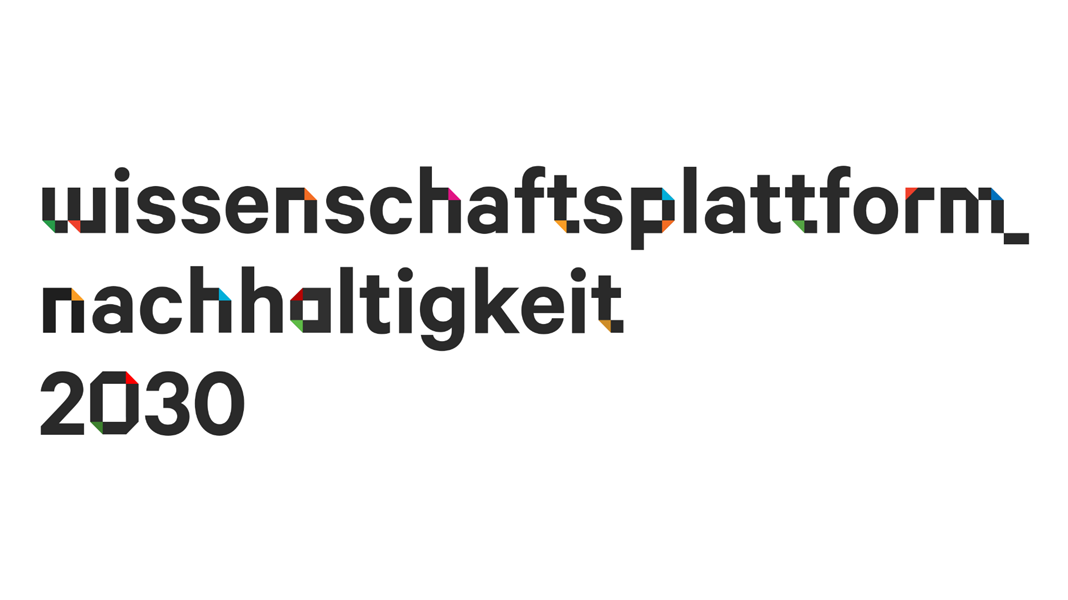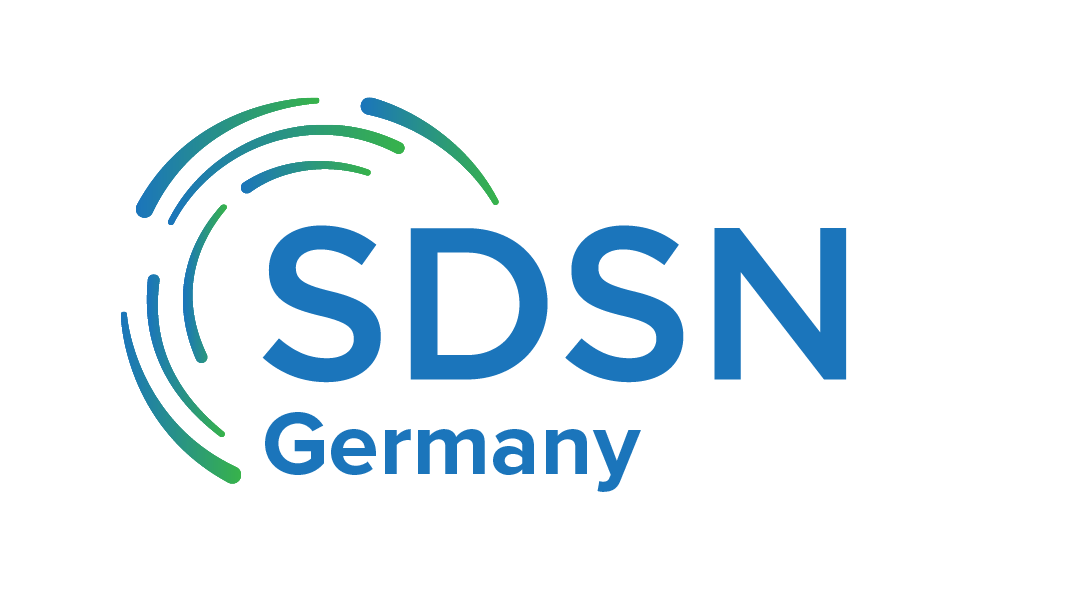VNR 2025 Joint contribution by Science Platform Sustainability 2030 (wpn2030) and SDSN Germany
Germany implements its national sustainability strategy following a whole-of-government approach (Bundestag, 2023 (External link)). This is also reflected in the design of the science-policy interface: In 2018, the Science Platform Sustainability 2030 (wpn2030) and SDSN Germany initiated the “Dialogue between Scientific Councils (External link)”. This dialogue – for the first time in Germany on such a broad scale – brings together representatives from an average of 20 advisory and expert councils of federal ministries twice a year to discuss current sustainability-related issues. For example, in 2021 the Dialogue Meeting addressed the transferability of the Federal Constitutional Court’s decision on climate protection to future economic and social policy challenges. Unlike regional and supraregional platforms (such as the “European Environment and Sustainable Development Advisory Councils Network (External link)” (EESDAC) or the “Global Forum for National SDG Advisory Bodies (External link)”), the Dialogue between Scientific Councils is aimed at all interested national scientific advisory bodies of all federal ministries.
The 2023 SDG Progress Report (External link) recommends integrating science more comprehensively. Among other things, this should help identify integrated policies and measures to accelerate the implementation of the SDGs. The second German Voluntary National Review (External link) also noted as a “lesson learned” the need to better incorporate the expertise of non-governmental actors into future reporting. Therefore, in December 2025, the Dialogue between Scientific Councils participated with a dedicated session in the much broader consultation process for the third national report.
However, scientific consensus on the benefits of a more integrative approach does not replace the necessary democratic negotiation processes regarding the associated goal conflicts. Integrated science-policy formats, such as the Dialogue between Scientific Councils, can enhance the visibility and broad engagement of science with the 2030 Agenda and support national political negotiation processes by providing well-founded scientific insights. The co-chairs of SDSN Germany and the wpn2030 flag the challenges that must be overcome in this context: Growing populism and anti-science sentiment, particularly in the context of a polarized election campaign, make it more difficult to ensure that scientific advice is widely heard. Science must succeed in formulating more concrete and compelling policy recommendations. Accordingly, in 2025, the International Science Council (External link) will once again prioritize the topic of “Synthesizing and translating scientific knowledge to inform decision-making (External link)”.
We recommend addressing the science-related aspect of this year’s HLPF theme (“science- and evidence-based solutions”) in the presentation of the national report and incorporating our experiences with integrated science-policy formats into peer-learning exchanges with other governments, their advisory bodies, and scientific organizations.


